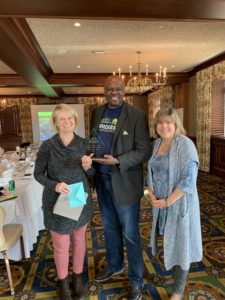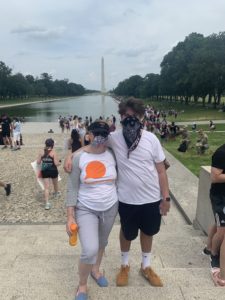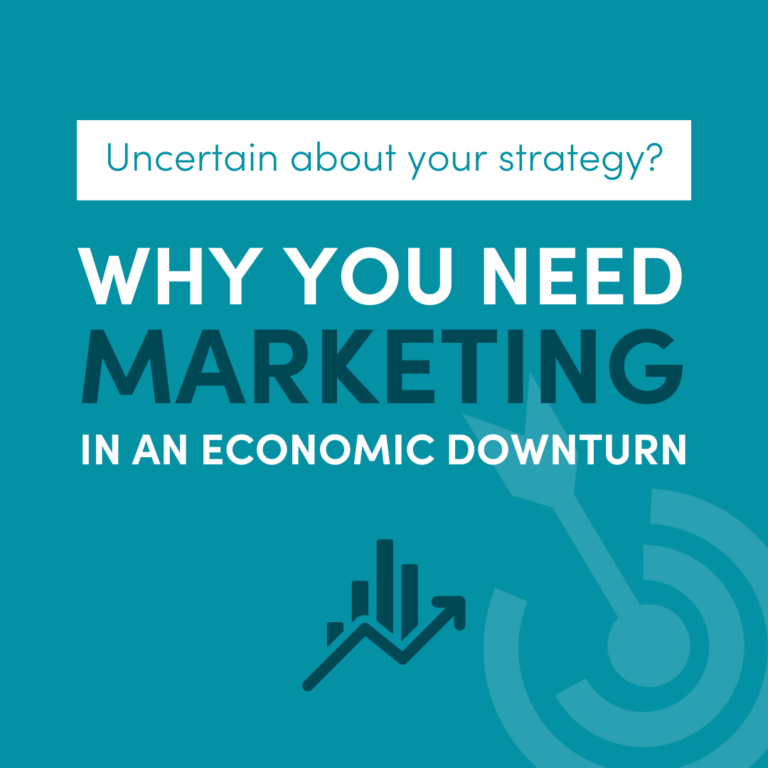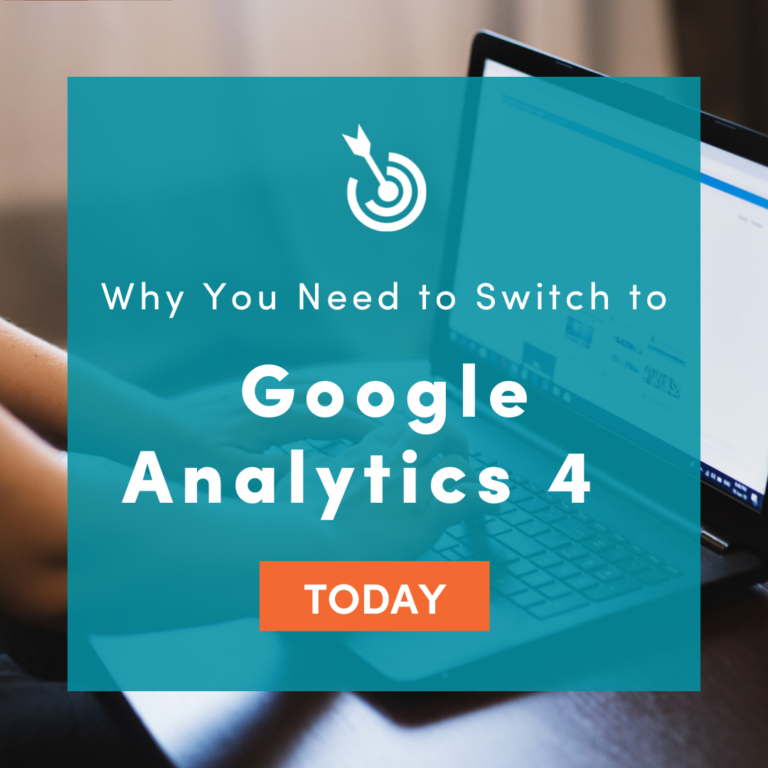“What should we post for Black History Month?”
That seemingly simple question sparked a deep and emotional dialogue within our team. For me personally, it ended up being a tiny seed of something that I hope will transform Arlington Strategy.
This wasn’t the first time our small, but mighty team of liberal thinkers, social activists, and mad-as-hell-at-the-state-of-the-world do-gooders have discussed topics like Black Lives Matter, gun safety, politics, democracy and other topics that emote passion. Our backgrounds are varied and our life experiences unique, but we share values that abhore racism, mysogyny, and discrimination.
So, what to post for Black History Month?
We batted about the idea of quotes from famous black people of history – but we realized that falls flat. It would certainly be visually appealing and interesting content, but who does that help? How does that advance an agenda of being an anti-racist, social justice minded business?
As the owner of a marketing agency, shouldn’t I start with learning more about the history or racism in the marketing industry? Who was brave enough to take a stand against decades of racism within the industry? Who had the courage to go against white madison avenue and be different? Who are those influential black leaders in advertising and marketing? What shaped them? What influenced them? I started Googling “history of black advertising” and other search queries. There are (perhaps not surprisingly?) very few recent articles on the topic. This article from 2008 did a good job of providing a cursory, high level history, but it is also dated and focuses on the portrayal of African Americans in advertising – not precisely the involvement of them in the business. This was all incredibly interesting and educational, but again, we were left with the question of who does that help? How does that advance an agenda of being an anti-racist, social justice minded business?
What does it mean to be an Anti-Racist Company?
When I started Arlington Strategy almost 9 years ago, it wasn’t my intention to start an anti-racist business. I mean, I’m against racism, so of course my business would be. But that isn’t accurate, nor is it that simple. To be intentionaly anti-racist means I have to use my business to affect change. I have always been active and vocal in my support of many local and national causes, but my business? This is a new frontier for me. The decision to become proactive was made over the last couple of years, as the political climate became more toxic and my team became more vocal; I realized that we can use our business as a platform, and yet we’ve still been quiet on most fronts. Were we deliberately quiet? That’s an uncomfortable question I find myself wrestling with. The truth is – we kept silent on some things because it was just easier. While at times we have been public and open about certain topics and positions, we haven’t been as open or vocal as I wished we could be. Holding me back has been the fear of what if raising our voices impacted business?

Diversity in Hiring
Arlington Strategy has been around for almost 9 years. Our earliest hires were people we already knew in the business world or were acquainted with in other ways. In hindsight, this simply perpetuated what were clearly racist hiring practices. We live in a predominantly white community. Most of our friends and neighbors and professional networks are also white. While it seemed smart to hire from within our own network – it was a defacto racist hiring practice.
As our agency has grown, I have been more focused on how to build a more diverse workforce. But when we only hire 1 or 2 new people a year, change can be slow. I am proud that we are making some progress on this, but that comes with a new challenge. As our first non-white woman, does our team member feel welcome? Does she feel accepted? Does she feel heard? But also, does she feel like she is a tick mark in our efforts to be a more diverse workforce? I sincerely think (and hope!) we are a welcoming and supportive team, and I hope our hiring track record demonstrates that we are careful in our hiring; she was by far the best candidate for the position.
What Can I Do?

Jennifer Mulchandani being recognized for two years of service as Board President of Bridges to Independence.
As a white woman with all of the social privilege allotted to me as such, I have been angry, sad, frustrated and ready to act for a long time on social issues. In particular, I have a passion for addressing poverty issues in our community. My learning on poverty began while studying abroad on a program called Semester at Sea. I visited 10 countries, most of them developing, and got to explore some of the most impoverished communities in the world. I felt a strong pull to play a role in bettering the world. I went to graduate school to learn how to work in public policy and then my career path twisted and turned away from public service. After starting Arlington Strategy, my pursuit to understand and impact issues of poverty began in earnest when I went through the Leadership Arlington program in 2014-15. I learned the stark realities of divide in my own community. My eyes were opened to the local world of the social safety net nonprofits, and the seemingly never ending demand for support on issues of hunger, housing, healthcare and education – right here where I live.
I pursued that passion and have been honored to be able to serve on the Board of Directors for the nonprofit Bridges to Independence, Bridges works to end the cycle of intergenerational poverty. At the same time, Arlington Strategy had the privilege of working with other nonprofit and foundational clients who were also in the social safety net and antipoverty space. These experiences – volunteer and for-hire – shed light and learning that the cycle of poverty itself is rooted in systemic racism and persistent racial inequality.

Participating in the march for racial justice on the Mall in August
Confronted with an unjust and challenging world and feeling a need to do something I’ve asked myself countless times, ‘what can I do about any of this?’ Sometimes I have an answer and sometimes I don’t. This past summer I marched from Arlington to the National Mall – hoping to find a way to process my own emotions for the murder of George Floyd, and to show my support for our community of color. And as much as that rally and march felt empowering, I didn’t feel like I accomplished anything, and my emotions and desire to do something persisted. So I kept exploring my feelings and tried to learn more. I attended a couple of talks/presentations on racial justice issues, but still didn’t find a way to affect change. I was educating myself little by little, but was I actually doing something impactful?
Then, I attended a Female Founders Roundtable at the Arlington Chamber of Commerce. That changed me. Lisa Wise, CEO of Nest DC, said that we have to have uncomfortable conversations, that being an anti-racist business is a journey, and that we as leaders have to start somewhere. She talked about business processes, holding ourselves and our vendors to a higher standard. She outlined some tangibles that make me see that I can at least start.
So here I am. Starting somewhere. Nervous to step on toes, say the wrong thing, offend someone, come across as self-serving or opportunistic. But the seed has been planted. I am publicly committing to building an anti-racist agency. The concepts I am working with initially are small and may seem inconsequential, but they are the building blocks for what I know will become a strong and powerful anti-racist business.

I would love for you to follow along in our journey and share what you have done in your business that has a positive impact on addressing systemic racism in our local community and in our business world. My next post will include some tangibles that we are doing as a team, and I welcome your ideas big and small. We will do better together.



